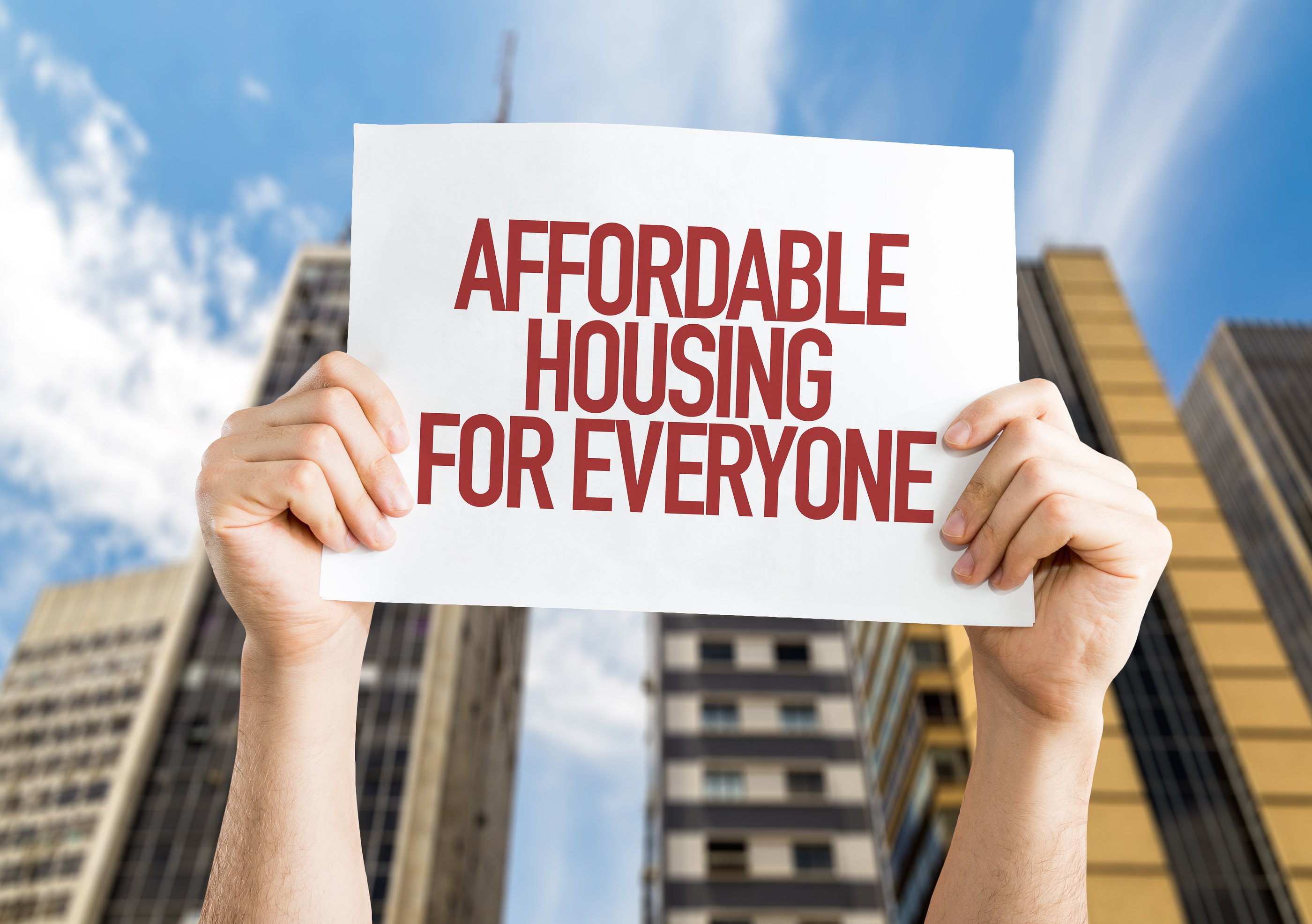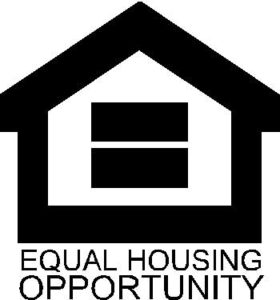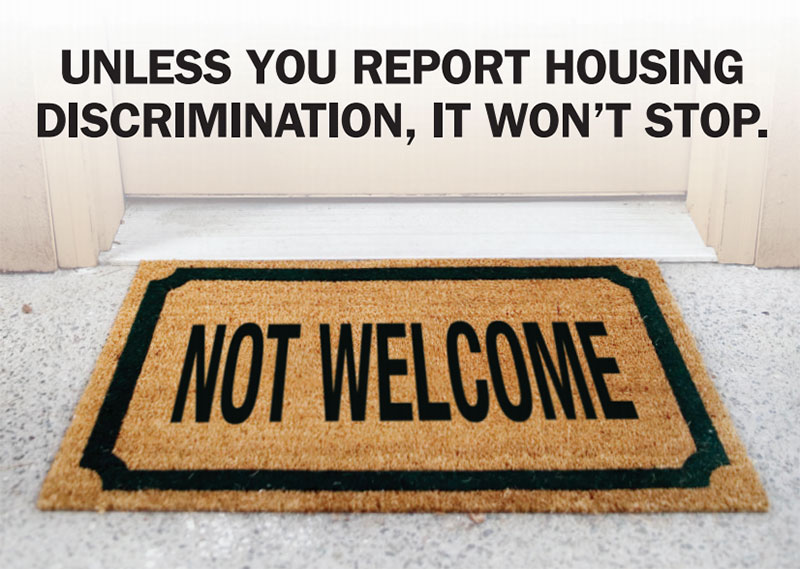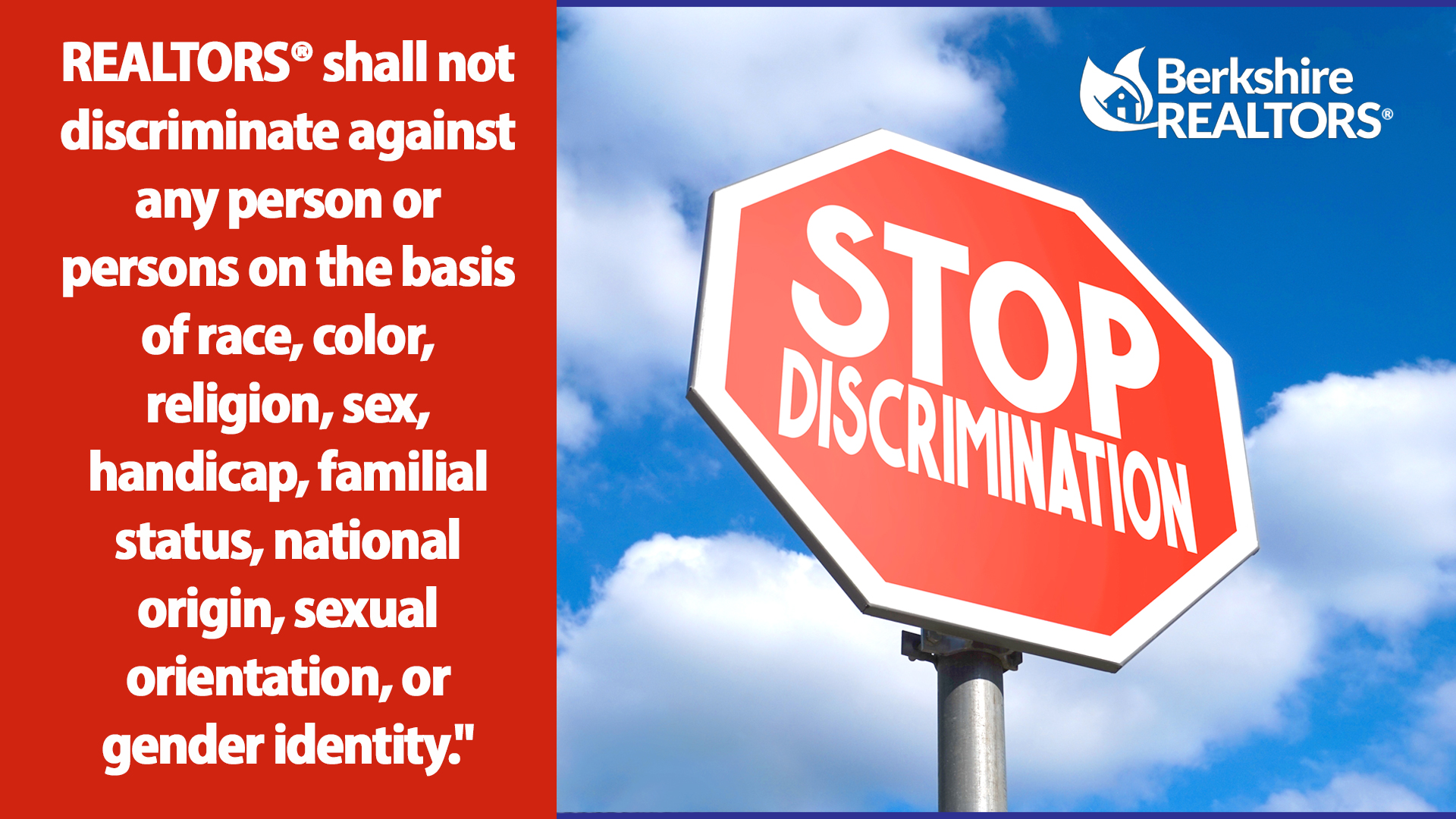



In 1940 due to the Great Depression there became a housing shortage.
1934-1962 120 billion dollars worth of new housing was available and less than 2% was available for nonwhites. For example, in the city of Detroit, 92% of housing was for white families only.
The Federal Law not only permitted racial segregation but encouraged it. They feared integration would drive down property values.
Banks denied many loans to nonwhites regardless of finances or Veteran standing.

Real Estate brokers were another big factor in housing discrimination. Agents refused to show homes outside of people's "Designated Areas".
Real Estate Brokers would see a chance to make money and they would use fear tactics to make it appear as though neighborhood integration was happening and it would "stir up the whites".
Agents would do things such as purposely sell a house to an Asian family and publicize it and all the white families would sell their homes.
Another terrible act by Real Estate Agents was to pay African Americans to walk their babies in the white neighborhoods making it seem like they lived there or just moved in.
This is how most whites moved out of the cities and into what we now know as the suburbs.
Racial Inequalities

The 1968 Fair Housing Act was created to help eliminate discrimination for people who were looking into housing rentals or purchases. It was supposed to help end residential segregation. You were not able to discriminate based on race, color, or national origin.
A few examples in which people would discriminate were:
Refuse to rent or sell housing
Set different terms, depending on who is buying
Ask different pricing for different people
Use different qualifications, such as income, application fees, or overall application requirements
Harass a person
Fail to do repairs when needed
Discourage the purchase or rental of a dwelling
It also had stipulations for mortgage lending. Realtors and lenders were not allowed to discriminate and make it impossible for someone who could rightfully buy a home.
 The Federal Housing Administration added to the segregation issue by refusing to insure mortgages in or near non-white neighborhoods. This practice was known as “redlining.”
The Federal Housing Administration added to the segregation issue by refusing to insure mortgages in or near non-white neighborhoods. This practice was known as “redlining.”
And those maps were color-coded by first the Home Owners Loan Corp. the Federal Housing Administration and adopted by the Veterans Administration, and these color codes were designed to indicate where it was safe to insure mortgages
The FHA was endorsing builders who were mass-producing entire subdivisions for whites. None of the homes would be sold to African Americans.
By segregating non-whites and in particular African Americans in this way, it forced them into Urban housing projects.
 Blacks were not able to get mortgages because banks would deny eligible candidates. Realtors would only show homes to non-whites in the “red-line” areas.
Blacks were not able to get mortgages because banks would deny eligible candidates. Realtors would only show homes to non-whites in the “red-line” areas.
A racial covenant was a legally enforceable “contract” imposed in a deed upon the buyer of the property. Covenants would prohibit the purchase, lease, or even the occupation of a piece of property by a particular group of people, usually African Americans.
Racially restrictive covenants were not only mutual agreements between property owners in a neighborhood not to sell to certain people but were also agreements enforced through the cooperation of real estate boards and neighborhood associations.

To bring awareness to this issue, the first step is understanding your rights. This act helped people from discrimination in finding a home. This act prohibits any housing discrimination because of
A few examples of prohibiting

Housing Discrimination is in fact illegal
If you feel like you are being discriminated against they are many ways to report this. You can email the report to the Office of Fair Housing and Equal Opportunity. You can call and talk to a Fair Housing and Equal Opportunity specialist. There are online forms to be submitted online for complaint, or a printed version for mailing.
For Illinois, Indiana, Michigan, Minnesota, Ohio, and Wisconsin:
MIDWEST OFFICE Fair Housing Hub
U.S. Dept. of Housing and Urban Development
Ralph H. Metcalfe Federal Building
77 West Jackson Boulevard, Room 2101
Chicago, IL 60604-3507
Telephone (312) 353-7776 or 1-800-765-9372
Fax (312) 886-2837 • TTY (312) 353-7143
E-mail: Complaints_office_05@hud.gov


There are many different places to connect depending on your location. For more information on an office near you go to https://www.hud.gov/sites/documents/DOC_12150.PDF. This is not the only resource out there. There are plenty of organizations that are proud to protect people from housing discrimination. Such as,
Local ways to stop housing discrimination


Desmond, Matthew, and Mustafa Emirbayer. Race in American 2nd Edition. W.W. Norton and Company Inc., 2010.
Gross, T. (2017, May 03). A 'forgotten history' of how the US government segregated America. Retrieved April 01, 2021, from https://www.npr.org/2017/05/03/526655831/a-forgotten-history-of-how-the-u-s-government-segregated-america
https://www.hud.gov/program_offices/fair_housing_equal_opp/fair_housing_act_overview
30 ways you can Advance Fair Housing. (n.d.). Retrieved April 11, 2021, from https://www.bbcfairhousing.org/30-ways/
Bizjournals.com. (n.d.). Retrieved April 11, 2021, from https://www.bizjournals.com/charlotte/feature/charlotte-housing-market-2017-recap-2018-outlook/2018/partnering-to-raise-awareness-of-the-50th.html
Bizjournals.com. (n.d.). Retrieved April 11, 2021, from https://www.bizjournals.com/charlotte/feature/charlotte-housing-market-2017-recap-2018-outlook/2018/partnering-to-raise-awareness-of-the-50th.html
Contact fheo: HUD.gov / U.S. Department of housing and urban Development (HUD). (n.d.). Retrieved April 11, 2021, from https://www.hud.gov/program_offices/fair_housing_equal_opp/contact_fheo
File a Complaint – main page: HUD.gov / U.S. Department of housing and urban Development (HUD). (n.d.). Retrieved April 11, 2021, from https://www.hud.gov/program_offices/fair_housing_equal_opp/online-complaint
